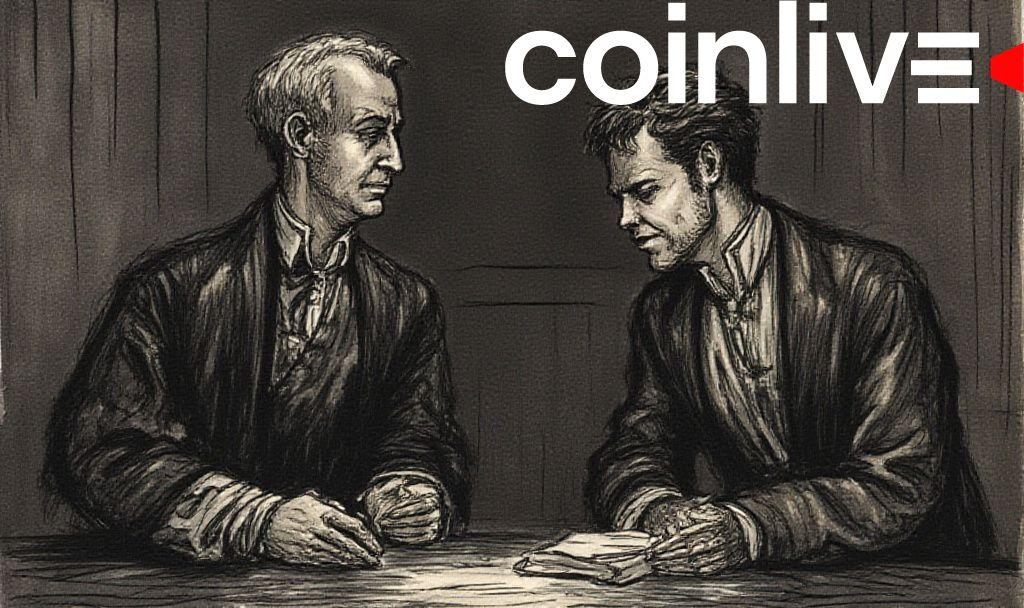- Ripple introduces new approach challenging SEC’s crypto rules.
- Network maturity test proposed for asset classification.
- Framework could influence global regulatory perspectives.

Ripple Labs has proposed a new framework to challenge the U.S. Securities and Exchange Commission’s (SEC) approach to classifying digital assets as securities, emphasizing a network maturity standard.
Amid shifts in crypto regulation, Ripple’s initiative could reshape how digital assets are classified, affecting market dynamics.
The new proposal by Ripple argues for a network maturity framework to evaluate when assets should cease being considered securities. Ripple claims XRP lacks an identifiable issuer, distinguishing it from the company itself. Key figures like David Schwartz and Stuart Alderoty have backed this approach, seeking more collaborative norms.
“XRP has no issuer” emphasizing (David Schwartz, CTO, Ripple Labs) that Brad Garlinghouse is only the CEO of Ripple as a company but not an issuer of XRP.
With XRP trading at approximately $2.22, Ripple’s proposal includes the evaluation of factors such as decentralization and utility. In response, Commissioner Hester Pierce has hinted that crypto assets, which don’t represent economic rights, should be free from securities law.
Ripple’s challenge to the SEC could impact investor sentiment and market confidence. The implications for ongoing legal clarifications are substantial as the SEC reconsiders regulatory actions. Ripple’s move reflects a broader industry push for expanded guidelines, potentially influencing global frameworks.
A regulatory focus emerges on US jurisdiction, where Ripple argues against vague parameters like “sufficiently decentralized.” Industry stakeholders anticipate outcomes that may redefine digital asset classifications. Looking at global precedents, the UK, EU, and Japan already navigate these regulatory waters with evolving policies.
Broader implications could involve financial shifts and a move towards nuanced governance. Traditional regulation must adapt to decentralized frameworks. Ripple’s submission prompts a reevaluation of existing laws. A market evolution awaits as new regulatory models unfold, reshaping the future.








